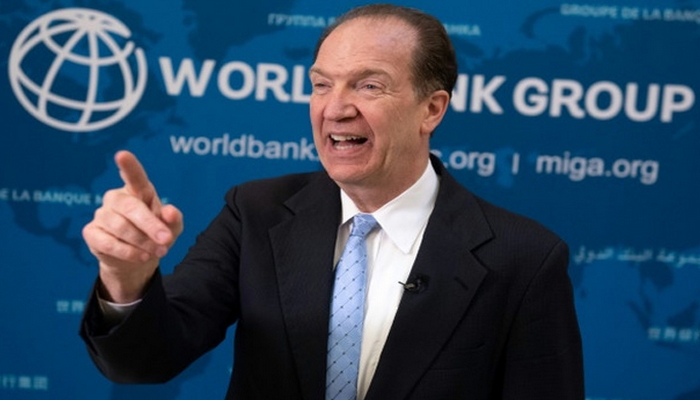
Nigeria’s diaspora remittances could fall by $2 billion or 8.4% to $21.7 billion in 2020 relative to the $23.8 billion recorded in 2019, the World Bank Group has said.
The Washington-based lender, in a 40-page report titled ‘Migration and Development Brief 33’ issued on Monday, attributed the potential drop to the impact of the coronavirus pandemic on national economies around the world.
“Remittances are helping to address the impact on African households. Nigeria remains the largest recipient of remittances in the region and is the seventh largest recipient among LMICs (Low and Middle Income Countries), with projected remittances to decline to around $21.7 billion, a more than $2 billion drop compared with 2019,” the World Bank said.
It is projected that the amount of money migrant workers send home will taper by 14 per cent globally next year, compared to the pre-pandemic levels in 2019.
The World Bank similarly expects inflows to LMICs to drop by 7 per cent to $508 billion in 2020, with a further slump of 7.5 per cent, to $470 billion in 2021.
According to the Bretton Wood institution, weak economic growth and employment levels in migrant-hosting countries, lower oil prices and depreciation of the currencies of remittance-source countries against the US dollar will be the principal factors driving the decline.
“The impact of COVID-19 is pervasive when viewed through a migration lens as it affects migrants and their families who rely on remittances,” said Mamta Murthi, vice president for human development and chair of the migration steering group at the World Bank.
“The World Bank will continue working with partners and countries to keep the remittance lifelines flowing and to help sustain human capital development,” he added.
The report forecasted that the decline in 2020 and 2021 would affect all regions, with the sharpest fall expected in Europe and Central Asia (by 16 per cent and eight per cent respectively), and followed by East Asia and the Pacific (11 per cent and four per cent), the Middle East and North Africa (eight per cent and eight per cent), Sub-Saharan Africa (nine per cent and six per cent), South Asia (four per cent and 11 per cent) and Latin America and the Caribbean (0.2 per cent and eight per cent).
“Rising unemployment in the face of tighter visa restrictions on migrants and refugees is likely to result in a further increase in return migration.
“Despite being the cheapest, money transfer and mobile operators face increasing hurdles as banks close their accounts to reduce the risk of non-compliance with anti-money laundering (AML) and combating terrorism financing (CFT) standards.
“To keep these channels open, especially for lower-income migrants, AML/CFT rules could be temporarily simplified for small remittances,” the report said.






